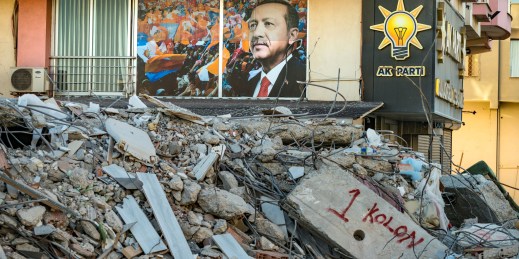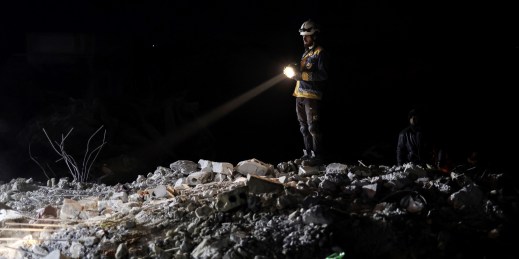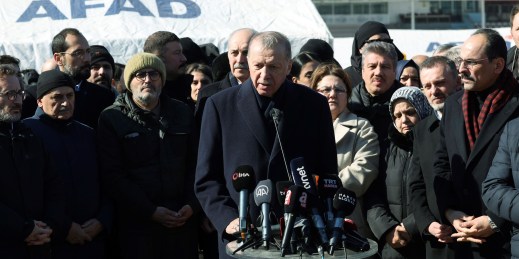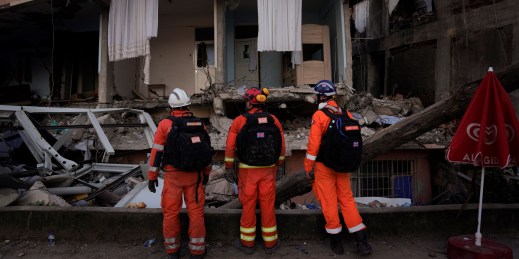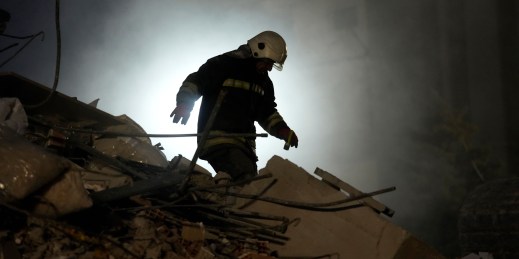
As search and rescue operations in the aftermath of the devastating earthquakes in Turkey and Syria wind down, there has been widespread criticism of the Turkish state’s response. Nevertheless, for all the shortcomings in the government’s response to the earthquakes, it is miles ahead of how the Syrian state responded.

